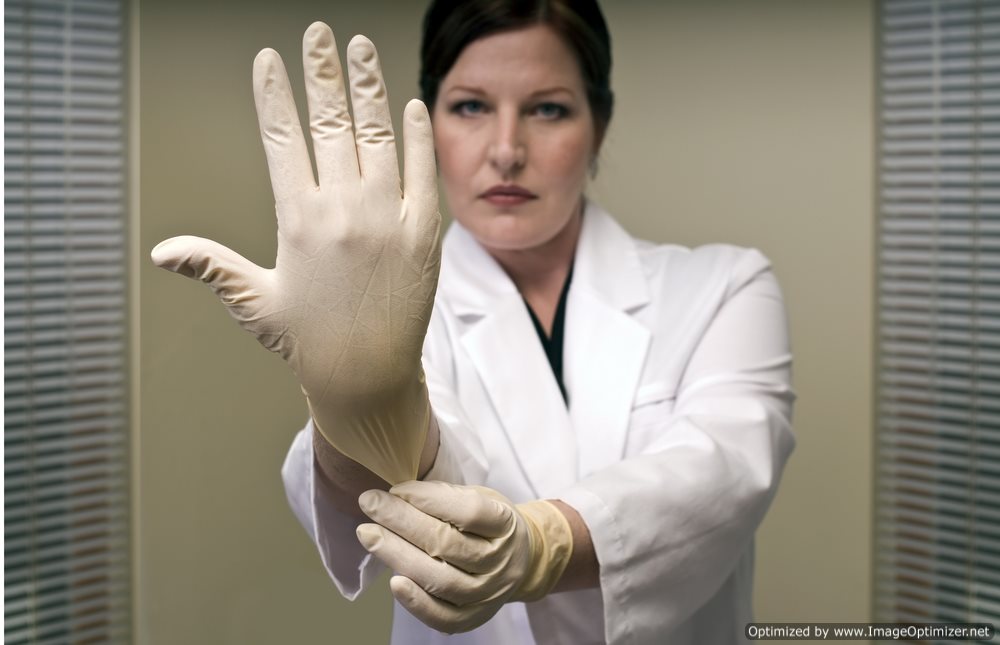
North Dakota Woman Wins $3.35M in Vaginal Mesh Lawsuit: Johnson & Johnson Caused Severe Health Issues for Woman with Gyncare Prolift Vaginal Mesh
Introduction
A North Dakota woman has won a $3.35 million settlement in a lawsuit against Johnson & Johnson, the manufacturers of the Gyncare Prolift vaginal mesh. The woman in question had suffered severe health issues due to the use of the product, which has led to a number of similar lawsuits against Johnson & Johnson in recent years.
Background
Vaginal mesh implants are medical devices that have been used for a variety of gynecological conditions, including pelvic organ prolapse (POP) and stress urinary incontinence (SUI). Johnson & Johnson’s Gyncare Prolift mesh is one of the most widely used products of its kind, but it has been linked to a number of serious health issues and complications.
The North Dakota woman at the center of the lawsuit had been implanted with the Gyncare Prolift mesh to address a case of pelvic organ prolapse. However, she soon began experiencing severe pain, bleeding, and other complications. She underwent several surgeries to remove the mesh, but the damage had already been done.
The lawsuit alleged that Johnson & Johnson had failed to properly test the mesh before marketing it, and had also failed to adequately warn patients and doctors about the risks associated with the product. The jury ultimately found in favor of the plaintiff, awarding her $3.35 million in damages.
Impact on Johnson & Johnson
The settlement represents just one of many legal challenges that Johnson & Johnson has faced in recent years over its vaginal mesh products. Thousands of women across the country have filed lawsuits against the company for a variety of health issues and complications related to the use of the Gyncare Prolift mesh and other similar products.
While Johnson & Johnson has denied any wrongdoing, the lawsuits have taken a toll on the company’s reputation and financial standing. In total, the company has paid out billions of dollars in settlements and fines related to a range of different products, including vaginal mesh implants.
Conclusion
The settlement in the North Dakota vaginal mesh lawsuit is a reminder of the serious health risks associated with these products, as well as the importance of holding manufacturers accountable for the harm they cause. While Johnson & Johnson has attempted to downplay the risks associated with its vaginal mesh products, the increasing number of lawsuits and settlements suggests that patients and doctors are increasingly aware of their dangers. It is crucial that companies like Johnson & Johnson prioritize patient safety and transparency over profits, and that regulators work to ensure that these products are thoroughly tested and thoroughly vetted before they are made available to the public.
Johnson & Johnson, manufacturers of a Gyncare Prolift vaginal mesh that is said to have had significant side effects for large numbers of women, have been ordered to pay $3.35M to a woman who was so badly hurt by the mesh that she required 18 total surgeries.
In spite of having had a large number of surgeries to remove the mesh and repair the damage that it caused, constant pain in the plaintiff’s pelvic region made it impossible for her to return to work. The plaintiff in the case alleges that she was not told by anyone that the mesh could potentially cause significant and disabling side effects.
What’s more, according to the plaintiff’s attorneys, the transvaginal mesh implants that have caused so many problems for the plaintiff and women like her were not actually more effective statistically than non mesh alternatives.
Generally, vaginal mesh implants have been implanted to reduce complications from POP, or pelvic organ prolapse. This occurs when weak muscles in the pelvic region allow the uterus and vagina to move downward with gravity and out of the positions that they belong in. The condition can be very painful and debilitating, as well as embarrassing, causing incontinence and sensitivity as well as vulnerability to infection.
However, meshes have had significant side effects that have sometimes been worse than the pelvic organ prolapse condition they were designed to treat. In fact, some women have had pain and bleeding associated with their mesh implants, or even increased incontinence.
Johnson & Johnson took the Gynecare implant off the market in 2008, but by then, thousands of women had already had the implant. In total, over 300,000 women have had mesh implants surgically implanted to decrease the symptoms of POP.
The permanent nerve damage and scarring caused by the Gynecare implant and other transvaginal mesh implants has made these cases a favorite among personal injury attorneys. The most recent verdict in New Jersey is just the latest in a series of damaging verdicts against major medical device manufacturers.
The FDA has warned several manufacturers of transvaginal mesh implants to take their devices off the market, and several, like Johnson & Johnson, have complied. The $3.35 million verdict is only the total compensatory damages for the plaintiff.
Earlier this week, the judge in Atlantic City said that she wold also hear arguments for punitive damages against Johnson & Johnson. This is in part because the company waited 9 months after being told that their product was deficient in several ways before withdrawing it from the market.
Source: www.judiciary.state.nj.us

































